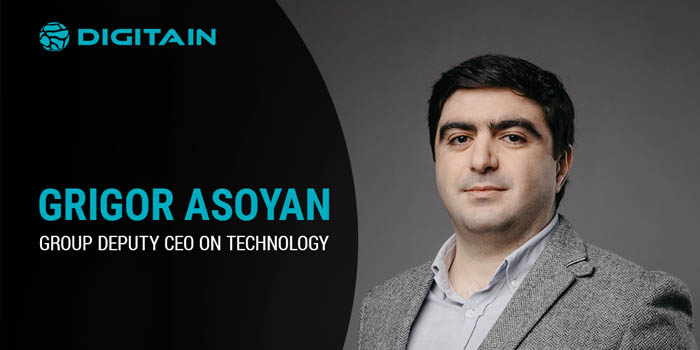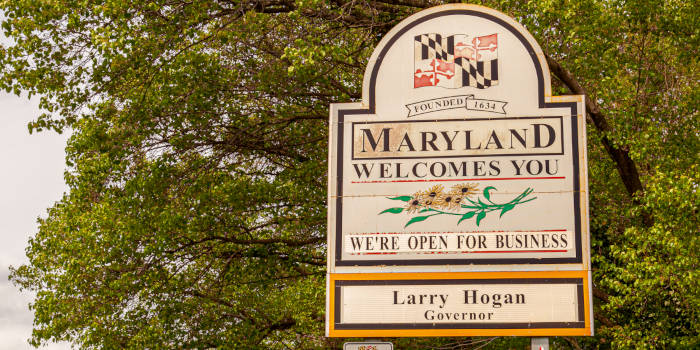US Ninth Circuit Throws PlayUp’s Restraining Order Against Mintas

The temporary restraining order that PlayUp imposed on Laila Mintas and was rejected by a lower court has been upheld by the US Ninth Circuit Court of Appeals. Mintas was appointed as the CEO of PlayUP in 2020 but after a failed takeover from FTX, PlayUp cut ties with Mintas.
A Timeline Into the Dispute Between PlayUp and Mintas
Back in August 2021, PlayUp and cryptocurrency exchange, FTX, started negotiating a potential takeover by FTX, worth $450 million. Around the same time, Mintas requested to be appointed as the global CEO of the company, have a 100% increase in her salary to $1 million annually, a 15% stake in the business and have Daniel Simic’s contract terminated.
Once PlayUp denied these requests, Mintas reportedly started directly negotiating with FTX. Then, reports state that Mintas made claims that led to the negotiation process falling through. She stated that there’s conflict within PlayUp’s management team and systematic issues.
In doing so, Mintas breached her employment agreement and PlayUp even stated that she threatened to damage the company’s reputation.
In response, Mintas’ filling claimed that Simic was actually the reason why the negotiations fell through as he “made unreasonable and unethical demands.” Hence, Mintas took matters to the Nevada US District Court and the court determined that Mintas was used as a scapegoat for the deal falling through.
This is when PlayUp appealed to the US Ninth Circuit Court of Appeals. Judges Patrick J. Bumatay, Raymond T. Chen, and Rick Clifton. The court upheld the decision of the Nevada US District Court.
PlayUp Did Not Prove the Likelihood of Success on the Merits
The court noted that the main reason why it upheld the district court decision is that the company didn’t prove the likelihood of success on the merits. Judge Chen even questioned whether Mintas actually tried to damage PlayUp’s reputation.
Michael Popach, the legal representative for PlayUp, stated that the court did not address the fact of whether the company would be more badly hit than Mintas if the injunction was denied.
However, the court noted that the fact that the deal with FTX fell through, there wasn’t any danger of Mintas interfering and hence, there’s no reason for injunction.
Judge Clifton added that PlayUp would only be hit more severely from not receiving an injunction if it proved that it was right on the merits of the case.
While concluding the judgment, the court stated that it did not make the ruling based on the merits of the case and added that the lower court (Nevada District Court) acted properly. The conclusion ended with the court saying that neither party will necessarily prevail if the matters proceed to trial. Recently, PlayUp announced that it will undergo a strategic review and one of the possibilities that were being looked into was selling the business.
Filip Mishevski has been covering online gambling and cryptocurrencies for the past few years. He has written countless articles, how-to-guides, insights and news, and is keen on sharing his extensive knowledge in the aforementioned fields. He’s very passionate about soccer and MMA and is interested in how the online gambling industry will shape our future and thus, influence our lives.















